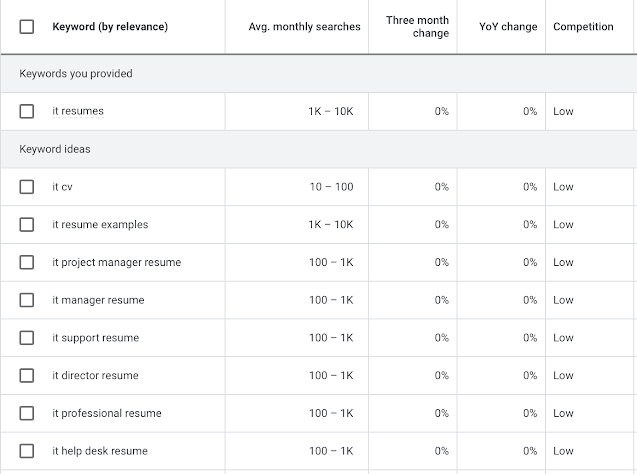All too often, I talk to resume writers who are struggling with getting clients. My top advice for every resume writer is to establish a niche and become known as a specialist -- you're actually more likely to get more business by being a specialist than a generalist. (And yes, your niche doesn't have to be limited to a specific industry -- it can be geographic specialization, or specializing in career changes, or being an expert in return-to-work jobseekers.)
As a resume writer, you'll likely have moments when you wish you had turned down a client. Sometimes it's difficult to know if a client is right for you. Being able to choose the clients best suited to work with you ensures you have a more successful business. It makes sense -- yet resume writers get into trouble when they don't know themselves well enough, or they don't trust their gut.
Here's some strategies to help ensure you're picking the best clients to work with.
Know Your Strengths
Sometimes a client project doesn't go well simply because it's not suited to your strengths. For me, that's working with military transition clients, and IT professionals. Believe me, I can write for both types of clients --
but I don't like to, and that's the big difference. When you're writing for a type of client you don't enjoy, the project will likely be a constant challenge. You'll work harder and longer to complete it and end up essentially lowering your hourly value. Yet when you work on a project that speaks to your strengths, you finish on time, the client is happy, and you earn a loyal customer. (I love writing sales and marketing resumes, for example. They energize me, and I have hit quite a few "home runs" writing these types of documents for clients.)
When you're writing for clients in industries that are difficult for you, your work is a struggle. Clients that suit your strengths don't adversely affect your morale. You're able to maintain a positive mindset. This is key for long-term success.
Know What Your Ideal Client/Project Looks Like
Write down what your ideal clients and projects look like. What makes them good projects or clients?
For example, do you prefer working with specific industries? With individuals at a particular level of the job search -- i.e., entry-level vs. C-level? For those who are staying in the same industry, or career change? For those who are employed and looking for a better job, vs. those who have been unemployed for a while? (I don't know many resume writers who enjoy writing for chronically unemployed folks. It's a tough gig.)
As for projects, do you prefer writing just resumes, or do you like also writing the supporting job search documents -- cover letters, thank-you letters, letters of introduction? Do you enjoy helping clients develop or enhance their LinkedIn profile? What other services do you like to provide -- career assessments
(DISC?), interview training, salary negotiation coaching? Do you like writing resumes from scratch vs. doing updates?
Make a list or create a paragraph description of what types of projects you like and perform well on. Then, when you have a choice to take a job or to pass, you can refer to your list to help you decide.
Take a Look at Your Schedule
Sometimes it's easy to say yes to a job even when you don't have the time to get it done properly. The result is that you either get very stressed and feel burnt out, or you complete the project but it's not your best work. Make sure you have the time and energy to complete any project you commit to. It can be difficult to say no to a project, especially when you want to earn clients; however, saying no may be the better decision. (Consider partnering with other resume writers and making referrals for projects that aren't a good fit. A 15% referral fee is standard in these arrangements.)
As a resume writer, it often takes time and some few hard-learned lessons to learn which jobs are the best ones to take and which to pass on. Don's hesitate to say no. All clients are not good clients. You'll find the right ones. You'll find great clients. You'll learn to identify the PIA (pain-in-the-a$$) clients. I've learned a couple of things that are my signals for a bad client -- like a wife calling on behalf of her husband. That may work for you, but I've found those clients are a bad fit for me.
Work hard, know what you want from clients, and select the best clients for
you to work with.



